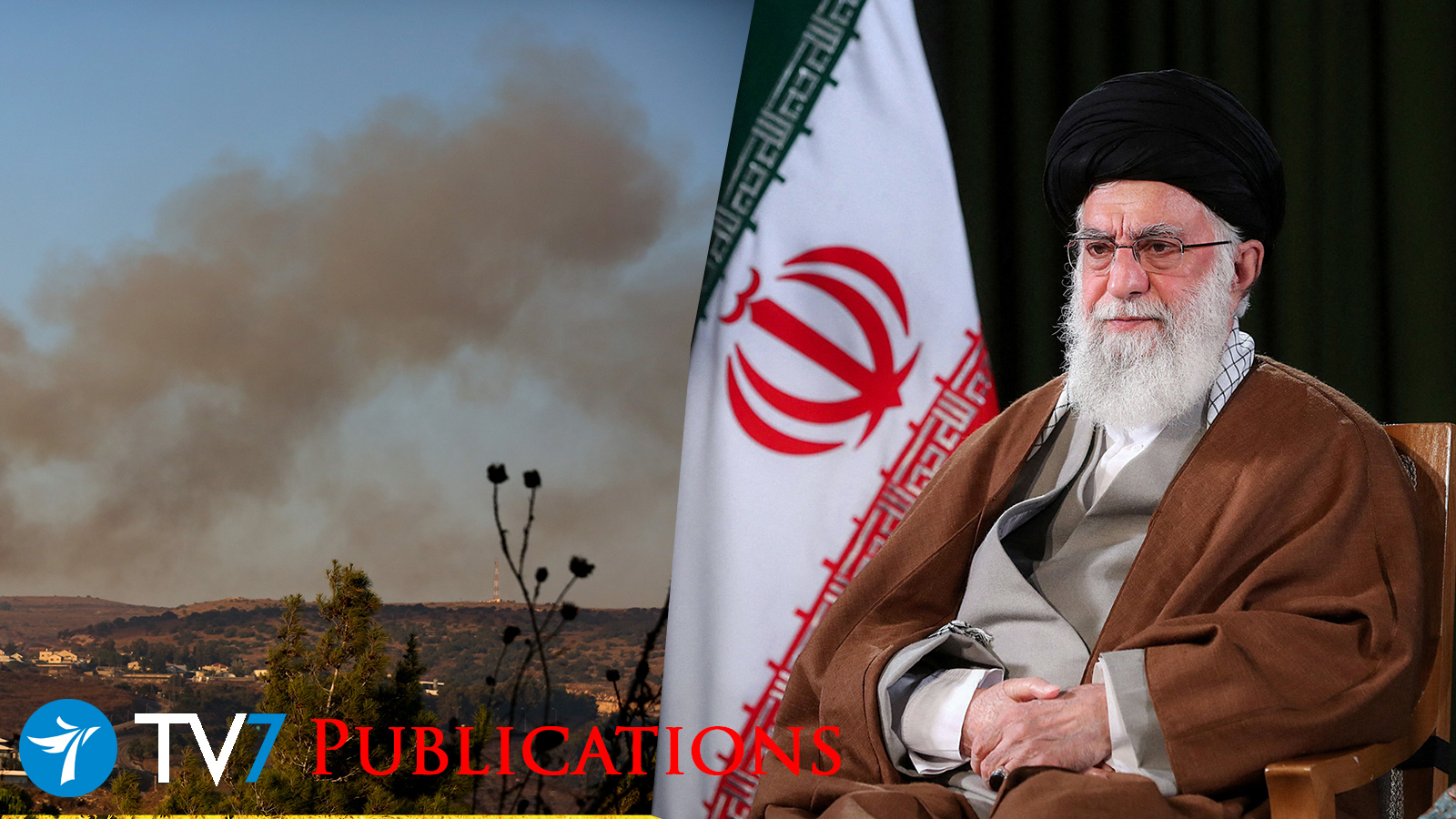Dr. Yossi Mansharof of JISS argues that a reading of some Iranian press may hint at the regime’s complex policy during the tensions.
Iran has been surprisingly quiet amid the growing Israel-Hezbollah tensions. Part of that is due to the fact that Iran is running a massive military drill off its coast where it has been using new missiles and showing the US it can harass a model aircraft carrier.
However, Iran’s real position may be more complex, because it knows the high stakes of escalation and different advisors within the government, though the Ayatollah’s office and Islamic Revolutionary Guard Corps may prefer quiet over massive conflict.
Yossi Mansharof of the Jerusalem Institute for Strategy and Security, an expert on Iran, argues that a reading of some Iranian press may hint at the regime’s complex policy during the tensions.
Kayhan newspaper, which is conservative and close to Ayatollah Khamenei’s office, initially reported on July 27 that Hezbollah anti-tank fire had destroyed an Israeli tank, killing 5 IDF soldiers and injuring 13 others, Mansharof points out.
Why does this matter? Because this particularly Iranian media, close to the leadership, was seeking to claim that Israelis were killed and wounded.
“This is a newspaper close to the Ayatollah. This is a signal of Iran to Hezbollah to halt the escalation and not do more,’ says Mansharof.
He argues that Iran might be seeking to showcase Hezbollah’s abilities and therefore prevent a larger escalation. Hezbollah had vowed to retaliate after claiming one of its fighters was killed on July 20. This meant Hezbollah must do something to show it “retaliated.”
But if Iran could say that Hezbollah already “succeeded” then there would be no need to more escalation. Hezbollah has done the opposite, arguing that the incident on July 27 in which Israel said it thwarted an attack, had never happened and that therefore Hezbollah still reserves a right to attack.
Hezbollah now seems to be celebrating humiliating Israel by keeping Israel in a state of alert.
What does Iran want in all this? Mansharof says that they may want to preserve the ongoing precision-guided missile project, in which the IRGC Quds Force seeks to significantly improve the missile threat of Hezbollah against Israel.
“Kayhan seeks to present Israel as a weak country and suggests it is not a powerful player in the region,” he says.
The long-term goal for Iran is to preserve Hezbollah as a major threat to Israel and to be able to use it to retaliate when Iran wants, perhaps for other incidents that Iran claims to want revenge for. That means Iran may prefer for the moment other types of strikes at Israel or Israel’s interests, but not a conflict with Hezbollah.
Iran must also contend with other issues. It wants to remove the US from Iraq and also to challenge US forces in the region through similar threats that Hezbollah poses to Israel. This puts Tehran in a complex place at the moment.
If Iranian media is an indication, it is not playing up the Israel-Hezbollah tensions. It might wish they would go away for now, to be raised at a later date.
By Seth J. Frantzman
Originally published by the Jerusalem Post 29.07.20
